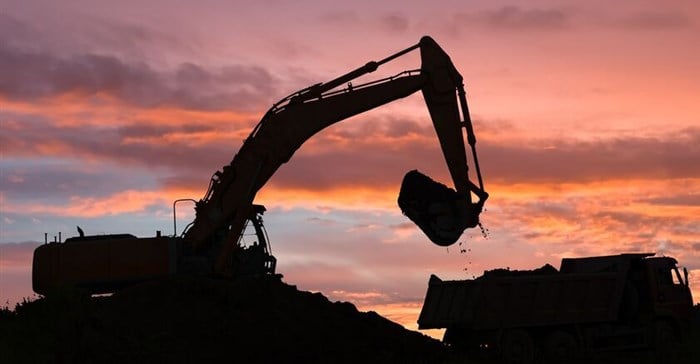
Related
Top stories






More news


Marketing & Media
Ads are coming to AI. Does that really have to be such a bad thing?














By deploying technology and modern mining methods, the cost and efficiencies of extracting ore bodies are improved, increasing the potential for the development of previously uneconomic deposits and new discoveries, creating jobs and wealth for South Africa.
“Far from being science-fiction, technologies are maturing rapidly into action-oriented business tools,” says David Cook, the Research Institute for Innovation and Sustainability (RIIS) Modernisation programme director.
“Not only is the cost of satellite data decreasing radically due to falling space-access costs, the resolution and availability of data is increasing.
“Further, new technologies are being developed that allow for completely new exploration processes, enabling significantly more accurate (and hence lower cost) exploration programmes.”
The emergence of new technologies has ushered in a wave of global change that is being driven by fourth industrial revolution (4IR) innovations and thinking.
Space-based technology and AI are maturing rapidly into valuable tools in mining, particularly for exploration.
Cook adds that the use of AI systems in ore body recognition is gaining traction around the world.
“AI is capable of re-analysing existing data sets to discover previously missed orebodies.
“This creates new efficiencies in optimising for initial search locations, though it does require detailed and updated minerals cadastres,” says Cook
Modernisation and technology in mining is as critical for junior and emerging miners as it is for larger mining groups to ensure a safe and healthy work environment, while reducing costs, improving efficiencies and ultimately global competitiveness to unlock SA’s mineral wealth.
Many critical mineral deposits are mostly of modest size and on surface or at shallow depth, making them excellent opportunities for junior miners.
Dick Kruger, strategic technical advisor at the Mandela Mining Precinct notes that junior mining companies have increased flexibility and willingness to explore innovation.
He encourages junior and emerging mining companies to reach out to the precinct, to collaborate and share ways to further modernise junior mining and exploration.
The Minerals Council South Africa is at the forefront of work to promote and reinvigorate the country’s moribund exploration, emerging and junior mining sector.
Speaking at a Minerals Council’s Junior and Emerging Miners Desk webinar on Modernisation and Technical Innovation for Junior Mining Companies, Sietse van der Woude, senior executive: Modernisation and Safety, says work undertaken by the Minerals Council, in partnership with the Mandela Mining Precinct and RIIS, supports the development and rollout of technologies.
Key initiatives of high interest to junior and emerging miners have been undertaken under the Mining Skills 4.0, Real Time Information Management Systems (RTIMS) and Advanced Orebody Knowledge programmes.
These programmes seek immediately implementable, cost-effective solutions and aim to establish mechanisms that enable industry-wide modernisation and digital transformation.